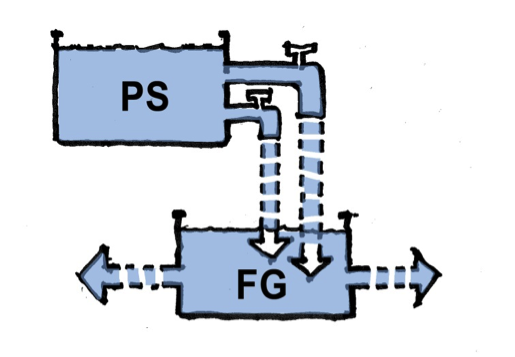By Robert E. Prasch
Middlebury College
We all know that predictions in economics can be fraught. This is for a variety of reasons, with the absence of controlled experiments high on the list. However, over the years we have learned a few things through the observation of regularities and by deducing from the things about which we are reasonably certain to formulate conjectures about things of which we are less certain.
With this in mind, let us consider the December jobs report. By all accounts, it was a “disappointing” result with only 74,000 jobs created. The “headline” rate of unemployment did fall appreciably, but that was solely and completely due to an increase in the number of people who have entirely given up looking for paid work. While we can all agree that the result is disappointing, I would like to take issue with the almost ubiquitous report that it was “surprising.”












